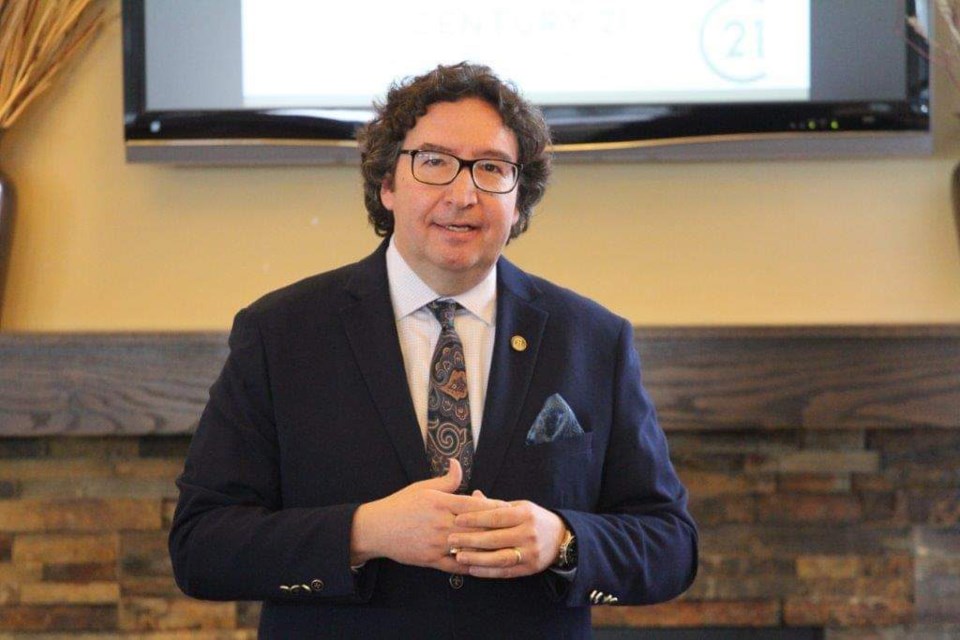
Cracks in funding formulas for municipal government had been appearing prior to COVID-19. Funding gaps on critical infrastructure, affordability pressures on taxpayers, and mounting provincial and federal debt, were all signs of a non-sustainable system.
Enter COVID-19, and since March 13, a province-wide economic shut-down and physical distancing rules have impacted our lives. All are prudent responses to a global health emergency based on professional health care advice.
Business revenues for many have dropped 100 per cent, while millions apply for employment insurance or Canada Emergency Response Benefits. Unprecedented times.
Municipalities, in efforts to assist financially, look at general payment deferral options, and/or grace periods on interest charges for property tax payments. These are well-intended, but the risk is in general relief rather than strategic/targeted relief. Municipal governments provide many essential services, which the public relies upon enormously at this time, and they cannot incur debt to manage the essential operating expenses. Niagara is no exception.
Consider police services, emergency medical services, public health, and senior long-term care, which are front and centre during the pandemic, as well as affordable housing, social services, water and wastewater services, and it becomes evident that a large portion of municipal services are essential, and not optional.
Niagara Region has identified approximately $9 million as potentially required to fund a COVID-19 response to get us to June (see report CSD 30). Of that, $5.6 million has been mitigated through cost savings, and effective cashflow management. A further $1.3 million could be incurred through property tax payment deferral plans (CSD 31). But that deferral cost could be an overly conservative estimate.
The concern is whether June is the outset date of this crisis. By June we may have travelled through the worst of the infection curve, but we will be far from economic normalcy. Therefore, cashflow issues for municipal government, delivering essential services is a reasonable concern. Governments will need to prepare for further financial impacts past June.
If you can pay your property taxes please do so. Sufficient cashflow to fund essential services can be at risk if enough of us do not pay.
Municipal governments will need to dig deeper into cashflow mitigation strategies and thus prepare for potentially increased pressure on operating revenues in the short term, and into 2021. This is the ‘scotch tape and bubble gum,’ an identified short term stop gap.
Waiting for the potential of a big bailout from the provincial or federal governments is not a plan.
What is required is a sustainable solution, involving a wholesale review of government at all levels. Including how we fund government, how services are delivered, who delivers the services, what is necessary and what is no longer practically required. We can start here in Niagara. Let’s redesign service delivery, and seek a more modern, efficient system to deliver municipal services. Focus on services and governance will fall into place.
There is no better time than a time of crisis, when we can identify and accept that our public organizations that we have relied on in the past, are not sustainable and require brave rethinking. Political decision-makers can provide the direction for dealing with the short term gaps and this must be done. But their attention must turn towards the big picture, the goal of sustainable public organizations. This will require us to let go of decades of status quo mentality.
I am ready for that, but the more important question is, are you ready? Ready to support initiatives for sustainable, responsive government.
Gary Zalepa
Regional Councillor, Niagara-on-the-Lake


